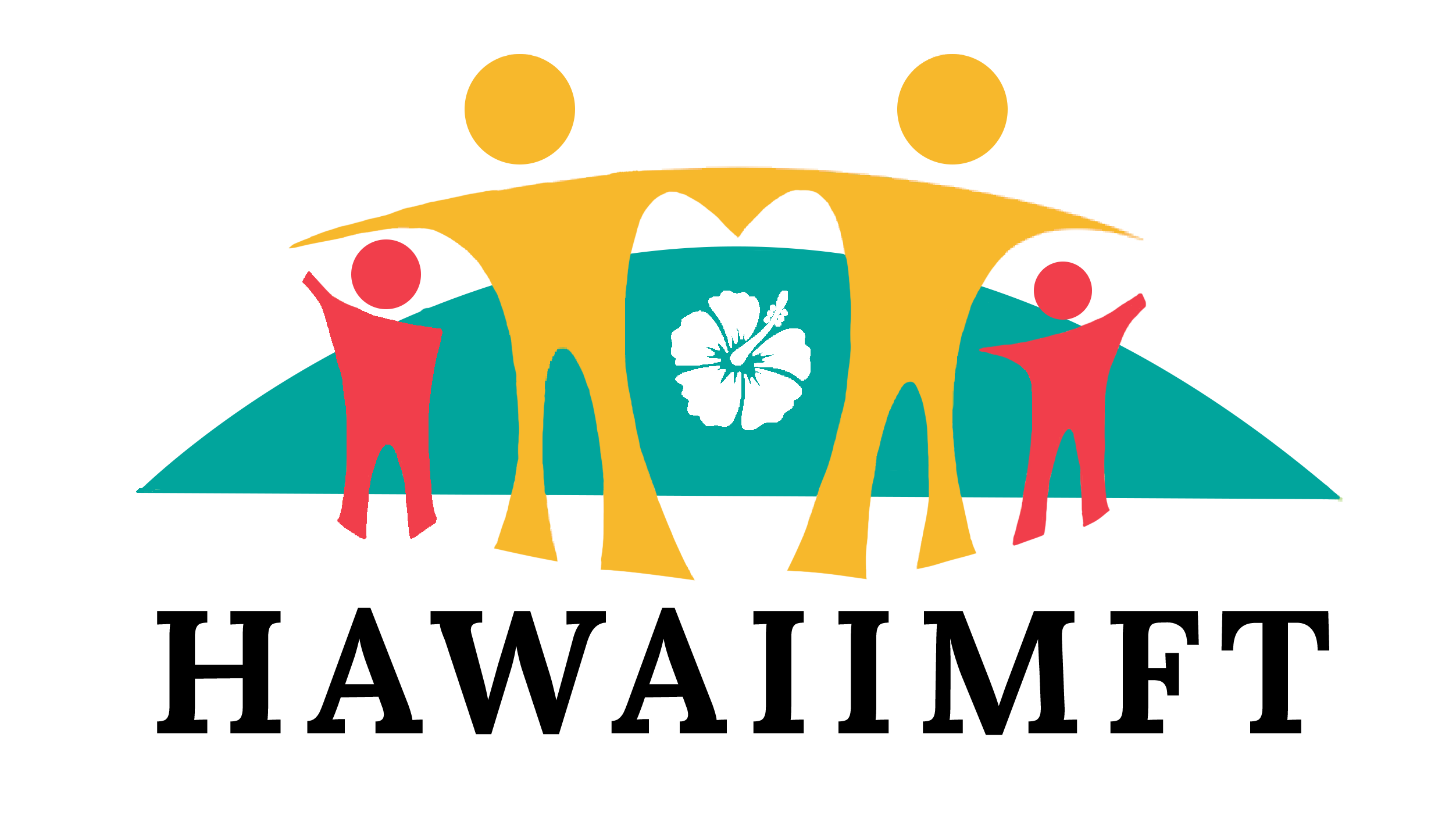Hawaiian Islands Association for Marriage and Family Therapy
CEU Information |
LMFT Hawai'i CEUsBeginning January 1, 2017 Licensed MFTs will be required to obtain forty five (45) CEUs for the next licensing period beginning 2020. Six (6) of these need to be in the area of Ethics and the remainder are at the individual MFT's discretion. Any CEUs obtained before that time will not be accepted. Each Licensee will be required to keep records of their CEUs. Upon renewing their license, each Licensee will certify that they accrued the correct amount of CEU hours (or more) and will manage their own CEU Certificates in the case that they are audited by the Hawaii DCCA. They will not automatically turn copies of their CEUs into DCCA when getting their license renewed. First-time Licensee's will not be required to show CEUs but will be required at their first renewal. One hour of training will equal one CEU (lunch breaks and coffee breaks will not be included in this counting). Providers will sign an affidavit that they presented the material they stated and that the training lasted the time stated on the CEU Certificate. HIAMFT will certify that the training meets the standard set for CEUs. AAMFT-Hawaii and/or HIAMFT are not responsible for printing out the certificates. The presenting organization is responsible for printing out the CEU Certificates. CEU Certificates will have the provider's name and the name of the workshop printed on the Certificate as well as the date of the training. Hours or Units provided will be on the Certificate. The CEU Provider will be responsible for monitoring the correct amount of hours each licensee attended and also be responsible for entering the Licensee's name. CEU Providers will hand out an Evaluation Sheet at the end of the training and they must be turned in to the Provider or the Provider's agent to receive the Certificate of Training. Certificates will not be distributed until the completion of the training. Providers will present copies of the evaluations to AAMFT-HI to allow ongoing feedback to make sure that the educational and training requirements are met. All CEU Providers will need to demonstrate that they are qualified to present relevant information or skills that will further the practice of Marriage and Family Therapy and all workshops or CEU trainings will also demonstrate relevant information or skills that further the practice of Marriage and Family Therapy. All CEU Providers will follow all AAMFT ethical guidelines when presenting information that will further the practice of Marriage and Family Therapy. Requirements for CEU ApprovalAll trainings must relate to one of the 10 HIAMFT Approved Content Areas unless relevance is demonstrated and approved by HIAMFT. Trainings focused on practice building and managed care must include how these issues may impact ethical practice and suggestions for dealing with these concerns. Trainings on ethics in Marriage and Family therapy must include information on the ethical codes of HIAMFT. Trainings must be geared toward the Master's or higher-level mental health practitioner. Self-help trainings that are designed for the general public and that do not have a significant component for therapists or trainers as to how to utilize the program information in the counseling setting will not qualify for approval. Providers applying for trainings based on new or alternative psychotherapeutic theories or methods must submit decimation of current or past research supporting the efficacy of the theory or method. If such research is not available, the provider must show evidence of acceptance by the professional mental health community such as publications in professional literature. Qualified trainers or instructional staff must have training and experience that demonstrate expert understanding of the subject being taught. Activities focused on skills to be used in the counseling relationship must be led by at least one Master's level mental health professional. Approved Content AreasAll trainings for CEUs must further the understanding and/or skills of Marriage and Family Therapy. The following is a list of Approved Content Areas. If the Provider wishes to present an area outside of the Approved Content Areas, they must show relevance and be approved by HIAMFT. Theories of Family Therapy and Personality Theories, including basic theories, improving skills and techniques. Human Growth and Development, including understanding Family Life Cycle, intimacy, bonding and attachment, issues that arise that inhibit or block optimal growth. Ethics, exploring and understanding current ethical and legal issues and considerations in relation to Marriage and Family Therapy.
|

